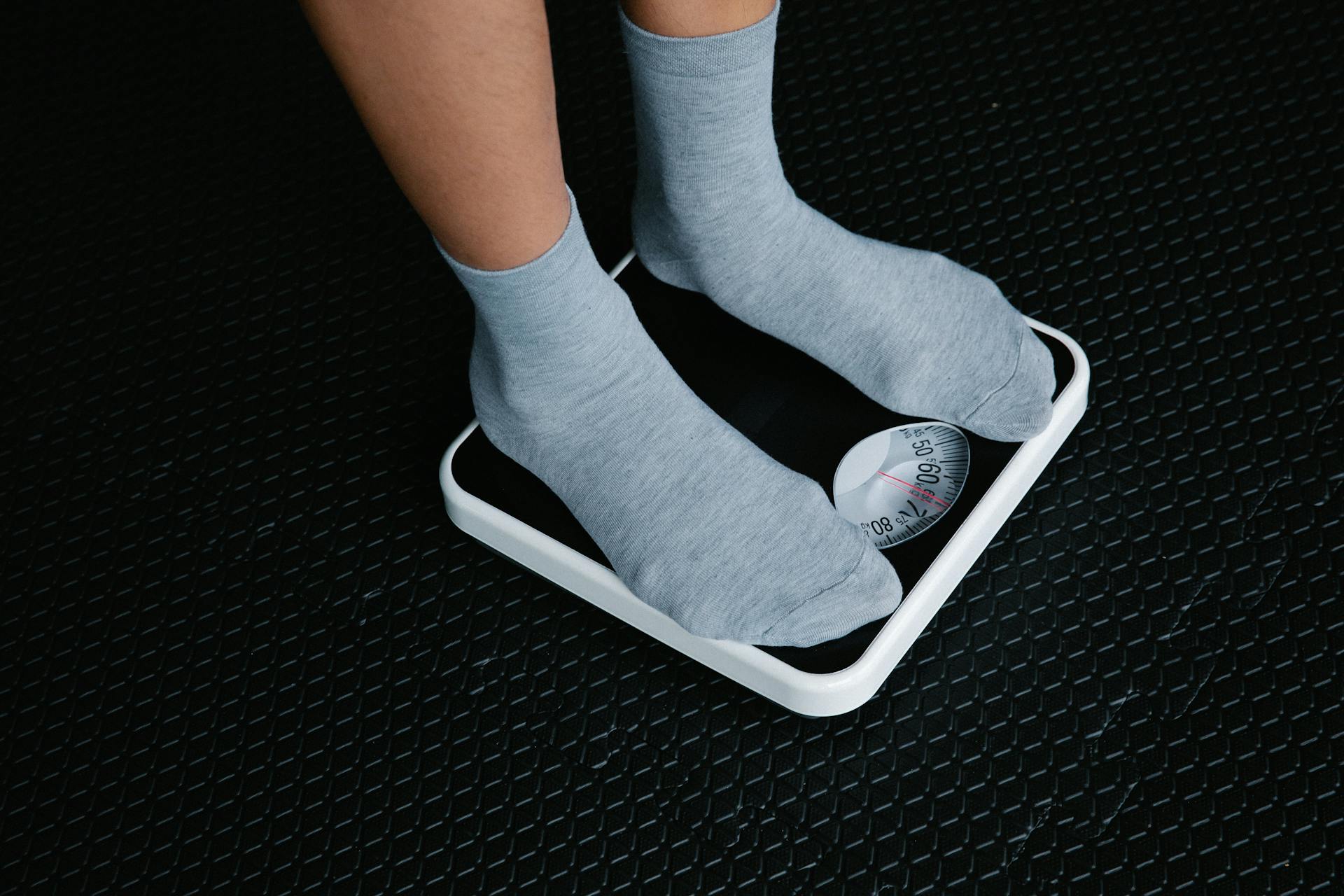
Fall allergy season has officially arrived, and for many of us, that means sneezing, itchy eyes, and a runny nose are just around the corner. But fear not! With these unbeatable fall allergy tips, you can say goodbye to your seasonal allergies once and for all.
One of the easiest ways to combat fall allergies is to keep your home clean and free of irritants. This means vacuuming regularly, washing bedding in hot water, and using air filters to remove allergens from the air. Additionally, you may want to invest in dust mite covers for your pillows and mattresses to prevent the spread of allergens while you sleep.
Another helpful tip is to stay on top of your medication regimen. If you know that fall allergies are a yearly occurrence for you, talk to your doctor about starting medications before symptoms even begin. And remember - over-the-counter antihistamines can be incredibly effective at relieving allergy symptoms if taken as directed.
Fall Allergy Tips: Prevent Seasonal Allergies at Their Roots
Fall is here, and so are seasonal allergies. If you're one of the many people who suffer from hay fever, you know that this time of year can be challenging. Spring means flower buds, while fall means sneezing congestion and a runny nose. But there's hope! With some tried-and-true techniques, you can relieve seasonal allergies and enjoy the autumn season.
One of the simplest strategies to avoid seasonal allergies is to stay away from triggers. While it may seem obvious, avoiding allergy triggers like pollen or mold can make a big difference in your symptoms. Consider using plastic flowers instead of real ones or artificial turf instead of grass if you spend a lot of time outdoors. Additionally, keeping your home clean and dust-free can also help alleviate symptoms. With these simple tips, you'll be able to enjoy all that fall has to offer without suffering from seasonal allergies!
1. Reduce your exposure to allergy triggers
Fall allergy season is here, and for many people, that means dealing with the unpleasant symptoms allergens can cause. If you're one of those people who suffer from hay fever, sneezing, itchy eyes, or other allergy signs during this time of year, there are some things you can do to reduce your exposure to triggers.
One way to minimize contact with allergens is to stay indoors on dry, windy days when pollen counts are high. On the other hand, a good rain helps clear pollen out of the air and makes it easier for you to breathe. When you need to go outside, try to avoid lawn mowing and weed pulling or any gardening chores that might stir up pollen. It's also a good idea to remove your clothes and rinse off any pollen after being outside. Don't forget to hang laundry inside rather than outside when pollen levels are high, and consider wearing a face mask if necessary.
2. Take extra steps when pollen counts are high
When fall allergy season hits, it's important to keep an eye on the pollen forecasts and current pollen levels. You can find this information on your local TV or radio station, or in your local newspaper. When the pollen counts are high, it's time to take extra steps to avoid triggering symptoms. If you have forecasted start taking allergy medications before your symptoms start.
One of the easiest things you can do is simply close your doors and windows to keep pollen out of your home. If you need to go outside, try to avoid outdoor activity during times when pollen counts are highest, which is usually in the early morning. By staying informed about pollen counts and taking a few simple precautions, you can help reduce the impact of seasonal allergy signs on your life.
3. Keep indoor air clean
Keeping indoor air clean is essential for people with fall allergies. The first step is to ensure your air conditioning and forced air heating systems have high-efficiency filters, which should be changed or cleaned according to regular maintenance schedules. You can also use a portable high-efficiency particulate air (HEPA) filter to further purify the air.
Another tip is to keep indoor air dry, as mold thrives in moist environments. Use a dehumidifier if necessary and avoid overwatering plants. To prevent dust and other allergens from accumulating, clean floors regularly with a vacuum cleaner that has a HEPA filter. With these simple steps, you can reduce your exposure to allergens and breathe easier this fall season.
4. Try an over-the-counter remedy
Nonprescription medications can be a safe treatment option to ease allergy symptoms. Oral antihistamines are commonly used to relieve sneezing, itching, runny nose, and watery eyes. Examples of oral antihistamines include cetirizine (Zyrtec Allergy), fexofenadine (Allegra Allergy), loratadine (Claritin, Alavert).
For nasal symptoms, corticosteroid nasal sprays can be very effective. Medications that improve nasal symptoms include fluticasone propionate (Flonase Allergy Relief), budesonide (Rhinocort Allergy), triamcinolone (Nasacort Allergy 24 Hour). Talk to your health care provider before using corticosteroid nasal sprays or cromolyn sodium nasal spray.
Oral decongestants such as pseudoephedrine (Sudafed) provide temporary relief from nasal stuffiness. Some allergy medications combine an antihistamine and decongestant. Examples include cetirizine-pseudoephedrine (Zyrtec-D 12 Hour), fexofenadine-pseudoephedrine (Allegra-D 12 Hour Allergy), loratadine-pseudoephedrine (Claritin-D). Talk to your health care provider before using any of these products to relieve allergy symptoms.
5. When home remedies aren't enough
When people are dealing with bad seasonal allergies, sometimes home remedies are not enough to ease symptoms. While taking nonprescription medications and people avoiding allergens can be helpful, it may not be enough for those with specific triggers. If you have tried these methods and still experience persistent symptoms, it may be time to seek help from a health care provider.
Symptoms testing can help determine which allergens trigger your reactions. Your health care provider may recommend skin tests or blood tests to identify your specific triggers. For some people, allergy shots (allergen immunotherapy) may be a good option. This allergies treatment involves regular injections of tiny amounts of the allergens that trigger your reactions. Over time, these injections reduce the immune system reaction to these allergens, providing long-term relief from symptoms.
It is important to note that all information submitted by patients during the testing process is confidential and only information highlighted by the patient's consent will be shared with their health care team. So, if home remedies are not working for you, don't hesitate to reach out for further assistance in managing your seasonal allergies.
Get Mayo Clinic's insights delivered to your inbox
Fall is here, and with it comes the dreaded allergies that affect millions of people worldwide. But don't worry, because Mayo Clinic has got you covered! By subscribing to their email list, you can receive tips on managing your health during this season and other current health topics.
Signing up is easy - just go to their website and enter your email address in the "email preview" field (make sure it's a valid email address!) and click "subscribe." By doing so, you'll receive helpful information straight to your inbox, including research advancements health tips, and website usage information.
As a Mayo Clinic patient, you'll also have access to protected health information through these email communications. Don't worry about privacy concerns though - Mayo Clinic follows strict privacy practices and includes an unsubscribe link at the bottom of each email for those who no longer wish to receive them. So what are you waiting for? Get Mayo Clinic's insights delivered directly to your inbox today!
Frequently Asked Questions
What are some over-the-counter remedies for fall allergies?
Some over-the-counter remedies for fall allergies include antihistamines, decongestants, nasal sprays, and eye drops.
What is a fall allergy?
A fall allergy is a reaction to allergens that are present during the autumn season, such as ragweed pollen or mold spores. Symptoms can include sneezing, itching, and congestion.
What are the most common fall pollen allergies?
The most common fall pollen allergies are ragweed, mold, and dust mites. These allergens can cause symptoms such as sneezing, runny nose, and itchy eyes.
Can fall allergies be prevented?
Fall allergies can be prevented by avoiding triggers such as pollen, dust, and mold, taking medication as prescribed by a doctor, and keeping indoor spaces clean and well-ventilated.
Featured Images: pexels.com


